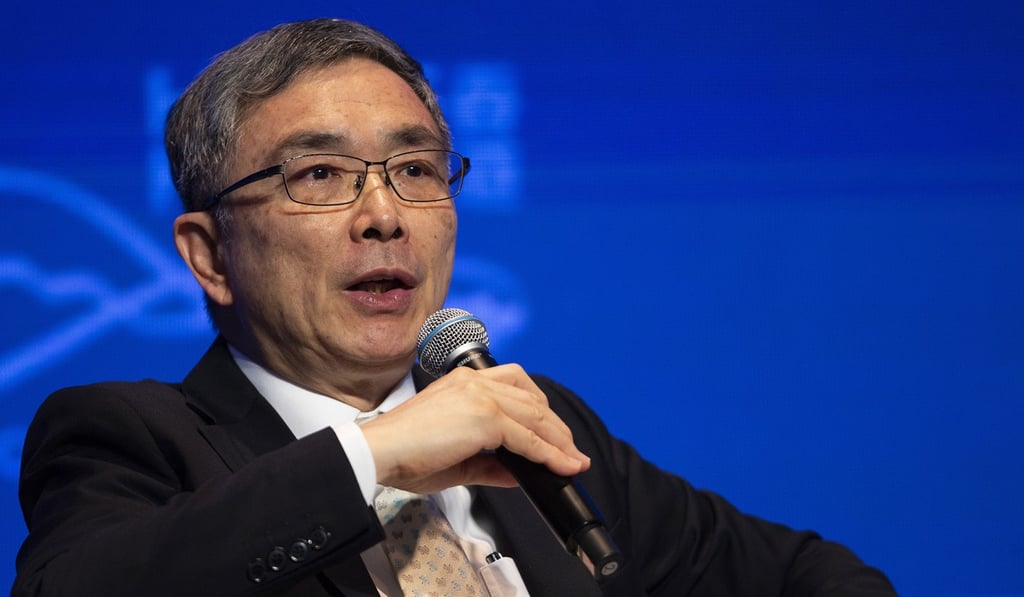‘We need an answer’: Hong Kong lawmakers slam government for waiving HK$129.7 million worth of stamp duties for Beijing’s proxies in property market
- Mainland agencies had HK$129.7 million worth of stamp duties waived for 77 properties bought since 2012
- Of those properties, 63 were bought by subsidiaries of a central government agency

Beijing’s liaison office and other mainland agencies in Hong Kong had HK$129.7 million (US$16.5 million) worth of stamp duties waived for the 77 local properties they snapped up over the last seven years, government figures revealed on Wednesday.
Hong Kong lawmakers criticised the government’s decision to grant exemptions to the subsidiary companies that bought 63 of the properties in the name of official mainland agencies.
The Stamp Duty Ordinance is clear: the Central People’s Government or any “incorporated public officer or any person acting in his capacity as a public officer shall not be liable for the payment of stamp duty”.
In response to a question by a lawmaker, Secretary for Financial Services and Treasury James Lau admitted the stamp duty provision was “not directly applicable” to subsidiary companies of the official agencies.

Lau said the government would apply section 52(1) of the ordinance to remit the stamp duty to the subsidiary companies. Section 52(1) holds that “the chief executive may remit [or refund], wholly or in part, the stamp duty”, payable or paid, in respect of “any instrument chargeable with stamp duty”, without any conditions laid.